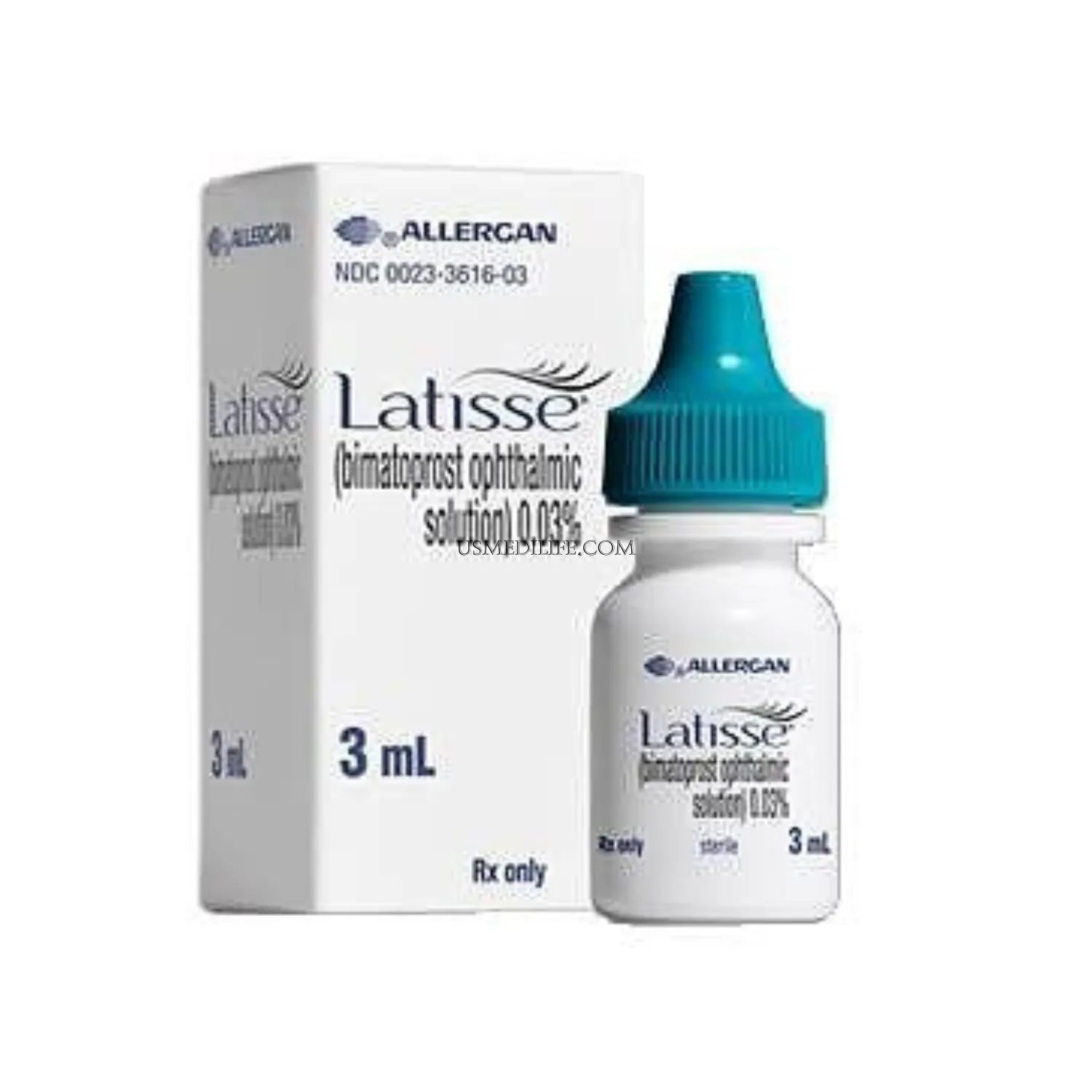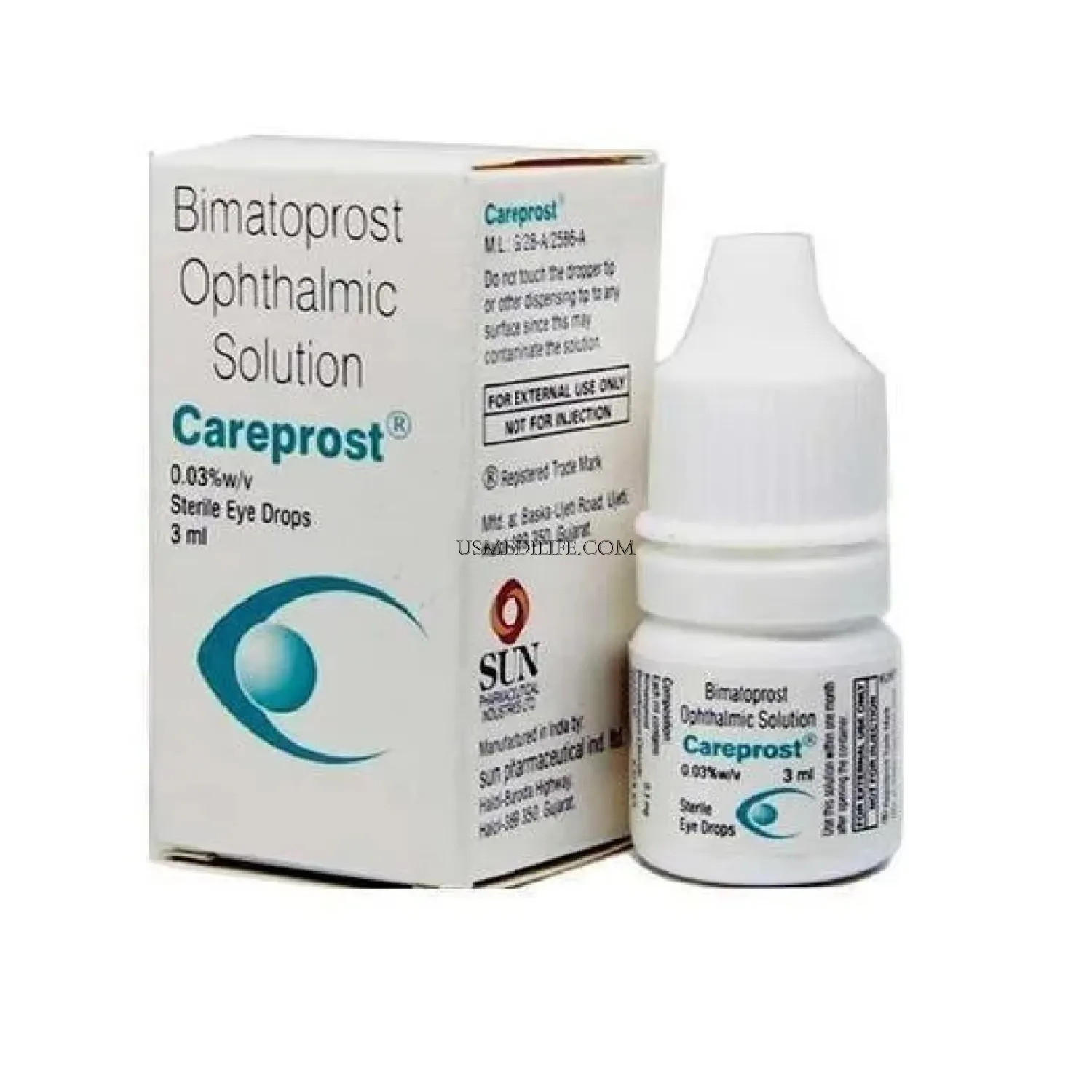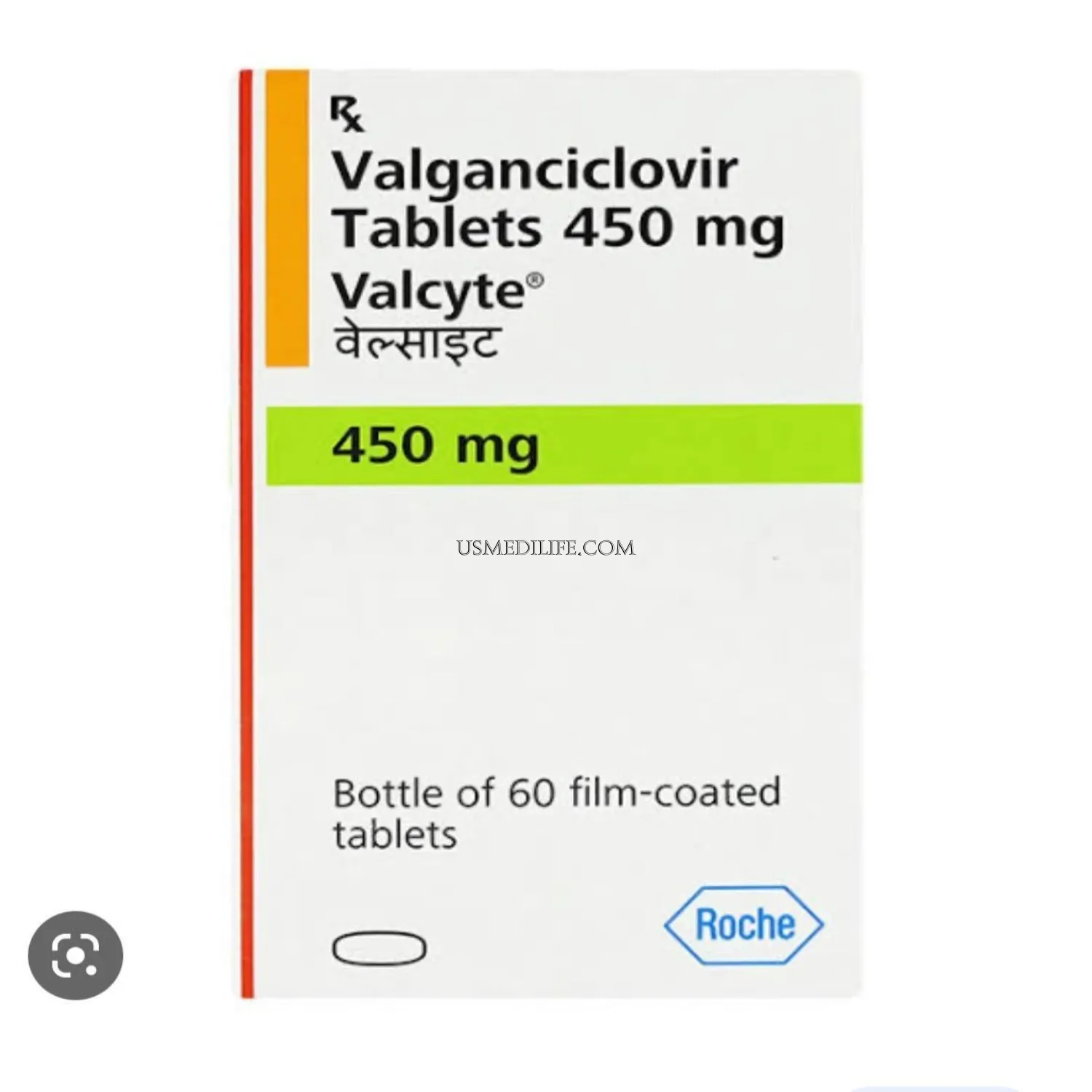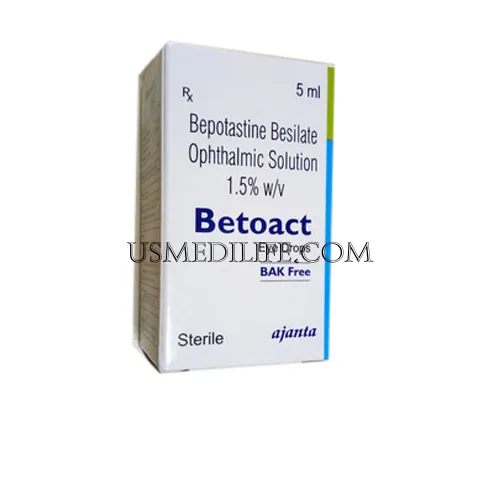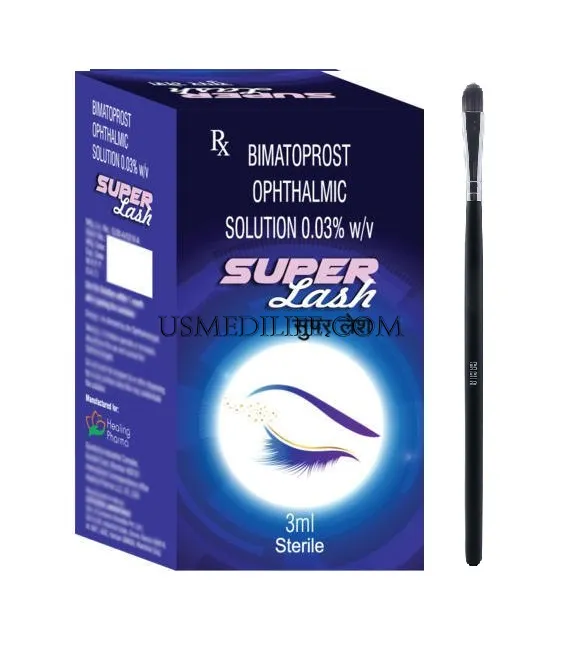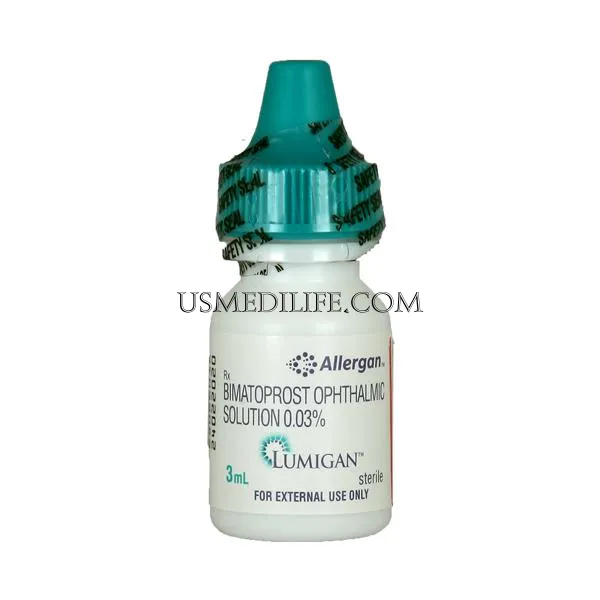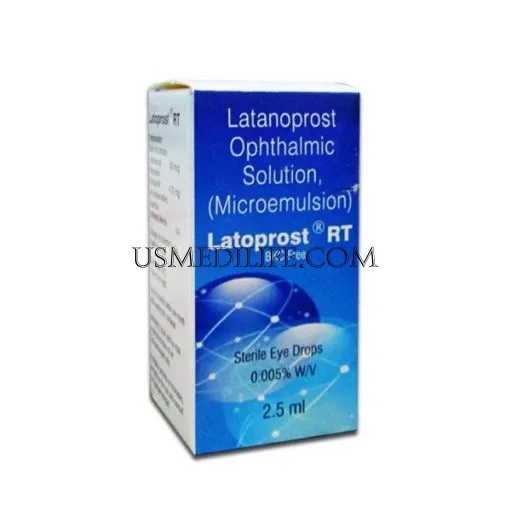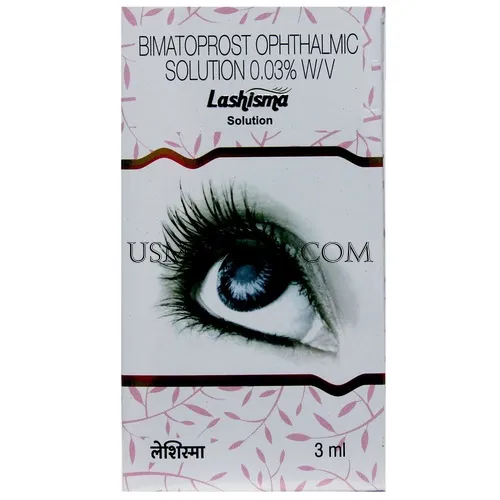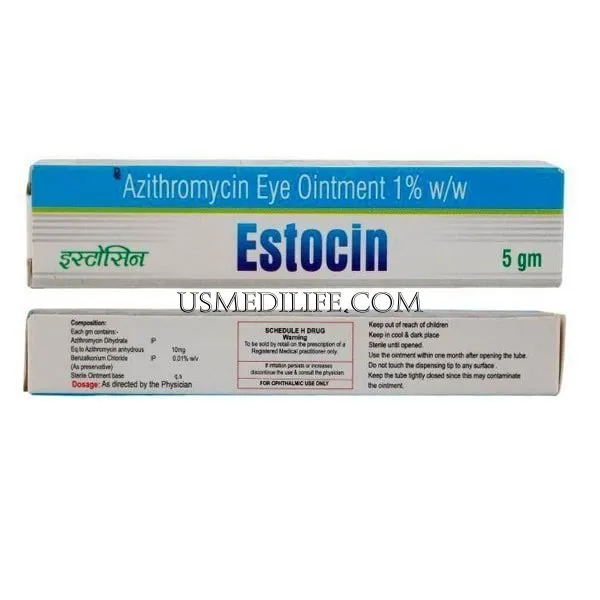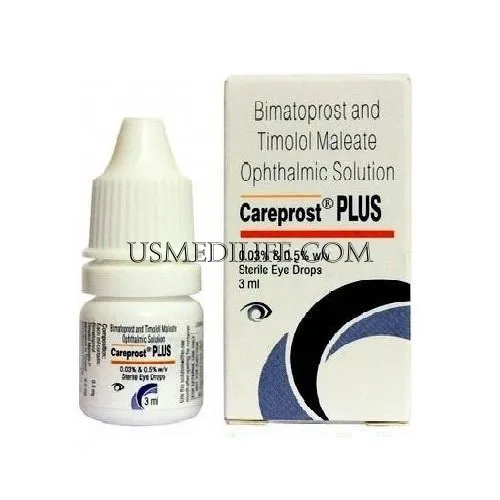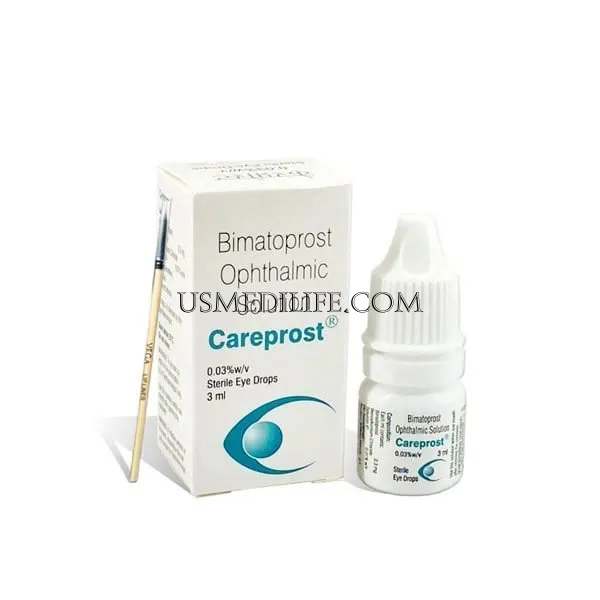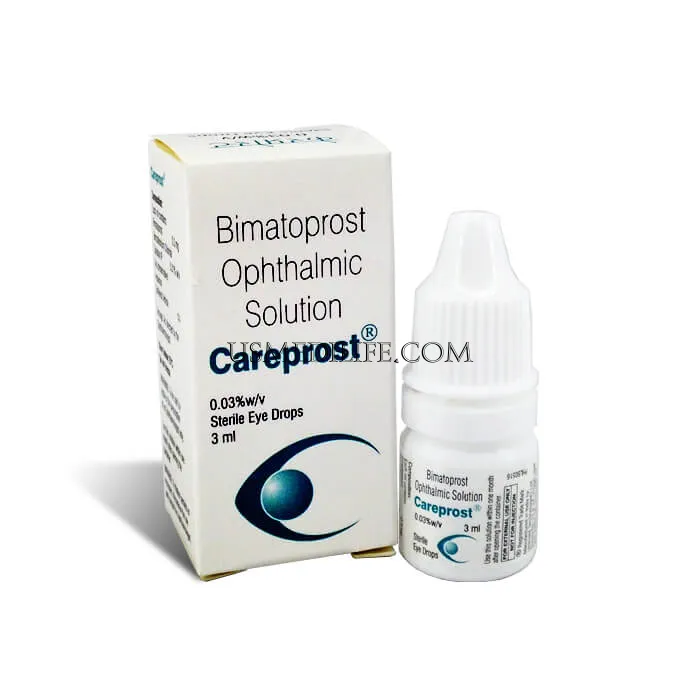Product Grid
Eye Care
How to Protect and Care for Your Eyes
1. Eat Well
A good eye care starts with the food on your plate. It is possible that such micronutrients as omega-3 fatty acids, lutein, zinc, and vitamins C and E may prevent age-related eye problems like macular degeneration and cataracts. To get them, fill your plate with:To get them, fill your plate with:
Green leafy vegetables, which include spinach, kale and collards, are excellent sources.
Salmons, tuna and other fish with high contents of oil.
Eggs, nuts, beans, and other non-meat protein sources belong to a group.
Along with oranges, and the other citrus fruits or juices.
Oysters and pork
Besides, a balanced diet is very helpful with the weight maintenance as well. That is why it also lowers your chances of being obese and related diseases like type 2 diabetes which is the leading cause of adult blindness.
2. Quit Smoking
It is the reason why you stand a greater chance of being affected by cataracts, optic nerve damage, and macular degeneration. It goes without saying that these are just a few of the medical issues you may be faced with. Even if you have failed in the past, try again to keep your promise. Every new attempt to quit smoking, increases chances of stopping for a good. Your doctor should also be consulted.
3. Get regular exercise
Regular physical activity helps in preventing diseases like diabetes, hypertension and high cholesterol, all of which can result in chronic eye conditions that can be a threat to vision.
4. Use Safety Eyewear
If you utilize hazardous or aerial materials on the job, at home or anywhere else, make sure to wear glasses or protective goggles.
Sports like icing hockey, racquetball, and lacrosse can also cause eye injury.Wear eye protection. In addition to that, helmets with face masks that are used as protective measures and sports goggles with polycarbonate lenses will save your eyes from the damages.
5. Get regular exercise
Trying to keep away from or to correct those problems as diabetes, hypertension, or high cholesterol may be aided by exercise. Such diseases may induce some defects of the eye or sight. Exercise and staying active regularly can therefore help you reduce the risk of acquiring the eye and vision diseases mentioned.
6. Keep track of your family’s medical background.
Sometimes, eye diseases can be passed from generation to generation, that is why you should know whether any members of your family suffered from them. This may be helpful to learn whether you have higher risk of eye diseases or not.
7. Take a break and look away.
If you are constantly using a computer, you may not remember to blink your eyes and it will be very tiresome for them. To reduce eyestrain, try the 20–20–20 rule.
8. Keep A Regular Visit To The Eye Doctor
- Even kids need annual eye exams, adults included. It safeguards your sight and you can enjoy seeing things to the fullest.
- Eyecare can not only detect diseases that are symptomless, like glaucoma, but also can detect many disease when its not yet symptomatic. Identify them at the onset when they are in the early stages and hence, easier to treat.
- Depending on your eye health needs, you can see one of two types of doctors
- Ophthalmology is a branch of medicine that deals with the diagnosis and treatment of eye disorders, and ophthalmologists are the doctors who specialized in this field. They can undertake general eye care, treat eye diseases and do eye surgery.
- Opticians usually have 4 years of professional training that has been made after college. they do general eye care and can diagnose and treat most eye diseases. They don’t operate on eyes like me.
A comprehensive eye exam might include
- When the subject of family and personal medical history comes up.
- Vision tests that are sometimes conducted to determine if the person is nearsighted, farsighted, has astigmatism (a curved cornea that blurs vision), or presbyopia (age-related vision problems).
- Exercises to check how well your eyes are teaming.
- Eye intraocular pressure and optic nerve scope tests to diagnose glaucoma.
- Offer your eyes some external and microscopic examination that will expose to you them before and after the dilation.
You want to be sure you got other tests to deal with that problem.

SUGGESTION FORM
PRODUCT REQUEST FORM
